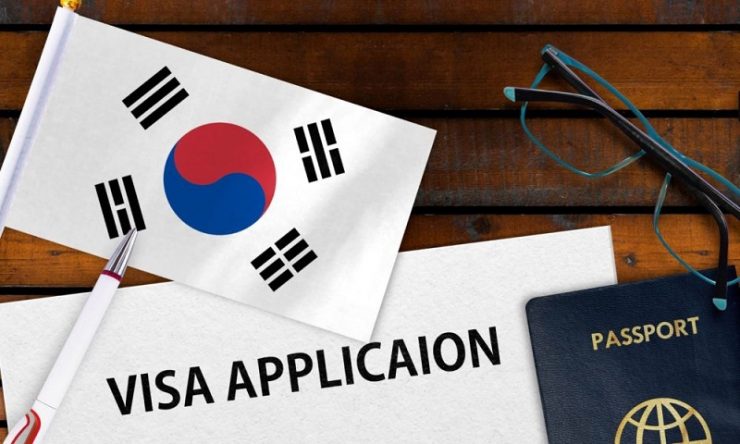SOUTH Korea plans to launch two new types of visas, namely K-Culture visa and Work visa or so-called digital nomad visa. This is to attract foreign tourists starting next year to help revitalize the local tourism industry which has been hit hard by the pandemic.
Korean government will also designate 2023 and 2024 as “Visit Korea Years.” The Ministry of Culture, Sports and Tourism confirmed the sixth Tourism Promotion Master Plan created to revive the travel industry affected by the pandemic from 2023 to 2027.
The Korea Tourism Organization (KTO) said K-Culture training visa and Work Visa were created to attract foreign nationals who want to explore Korean culture. K-Culture training visas target young foreign nationals who are interested in Korean content and willing to learn about the country’s entertainment industry and content creation systems.
The visa will be approved on the condition that the applicant will undergo an education or training program in the Korean content industry, such as a K-pop entertainment agency. Although details have yet to be specified regarding its application, the visa aims to capitalize on the growing global popularity of Korean films, dramas and music and fulfill the enthusiasm of international fans to experience Korean popular culture.
“The Ministry of Culture confirmed that visas will be introduced in the first half of 2023,” the Korea Times reported Thursday (12/15).
Another type of visa to be introduced is the Work Visa. Workcation, a combination of the verb and vacation, refers to a lifestyle trend when travelers work remotely during long stays in other cities or countries.
This flexible lifestyle evolved from “bleisure”, a form of travel that combines business travel with leisure travel, and became popular at the start of the pandemic as more people started working remotely. According to a global study of eight countries cited by the BBC, 65% of 5,500 respondents said they would likely extend business trips to include personal entertainment or vice versa by 2022.
With a workcation visa, also known as a digital nomad visa, foreign travelers will be able to live in Korea temporarily while performing their usual duties as an employee of a company from their home country. Meanwhile, experience life in Korea. Implementation details of the new visa have also not been established.
If introduced, foreign tourists can stay in Korea for up to two years to explore their areas of interest. It will be introduced in the second half of next year. The government also plans to upgrade the country’s electronic travel authorization system known as K-ETA to enhance the overall travel experience from entry to departure from Korea.
K-ETA allows foreigners arriving in Korea to pre-register their history of travel and health information and criminal records for authorization purposes. The online travel permit system aims to expedite and facilitate the entry process for travelers but has drawn complaints and mixed reactions from travelers due to its application approval process. [sources/photo special]
















